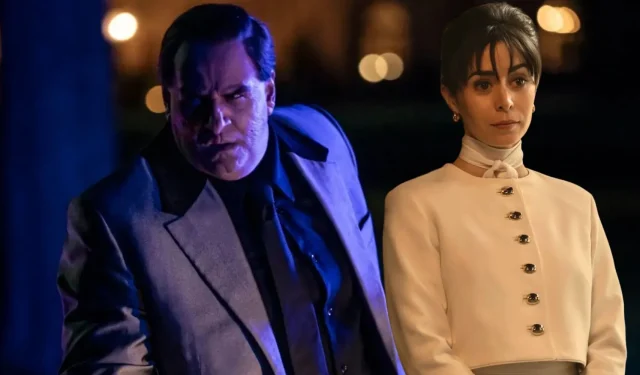
Note: This article contains spoilers for Episode 4 of The Penguin.
Essential Insights
- Episode 4 highlights Sofia Falcone, illustrating that supporting roles can captivate audiences just as much as main characters.
- The episode explores Sofia’s history, unveiling her innocence and the circumstances that led to her wrongful accusations.
- The shift in focus from Oswald Cobblepot to Sofia is a notable strength of this standout episode.
Often, the most compelling episodes in a series do not center around the primary protagonist. The Penguin’s fourth episode exemplifies this idea, delivering a rich narrative focused on Cristin Milioti’s character, Sofia Falcone, and proving to be a highlight of the HBO series, setting a high standard for character exploration on television.
As the inaugural spin-off in Matt Reeves’ portrayal of The Batman, The Penguin features Colin Farrell reprising his role as Oswald Cobblepot (the Penguin) during his ascent to becoming a prominent Gotham crime figure. The show encompasses a vibrant array of supporting characters, prominently including Victor Aguilar (Rhenzy Feliz), alongside antagonists such as the Falcone and Maroni families. While the overarching storyline chronicles Oz’s transformation into a significant DC villain, Episode 4 introduces an unexpected perspective centered on another character.
Episode Four Shifts the Focus Away From the Lead Character

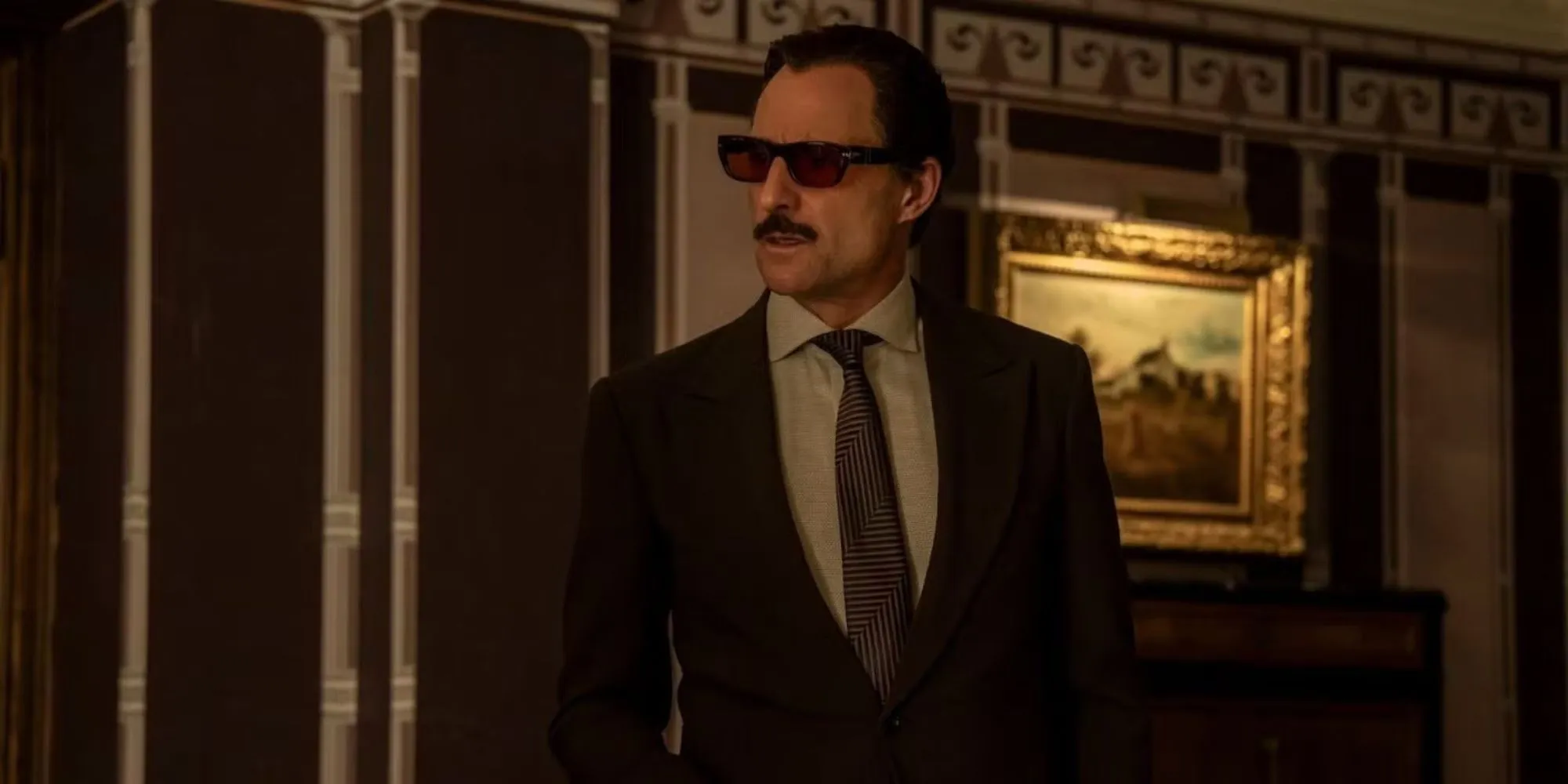
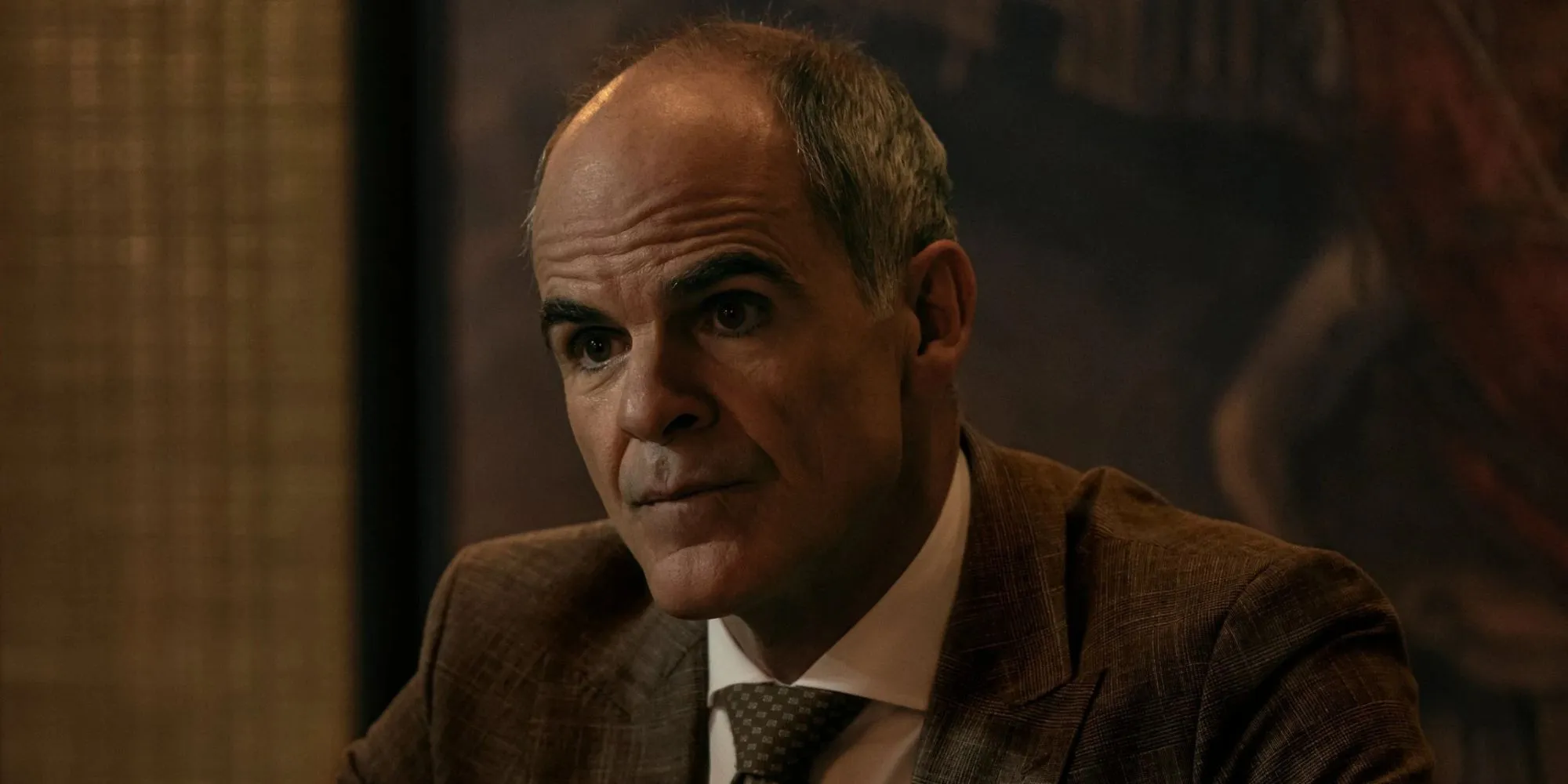
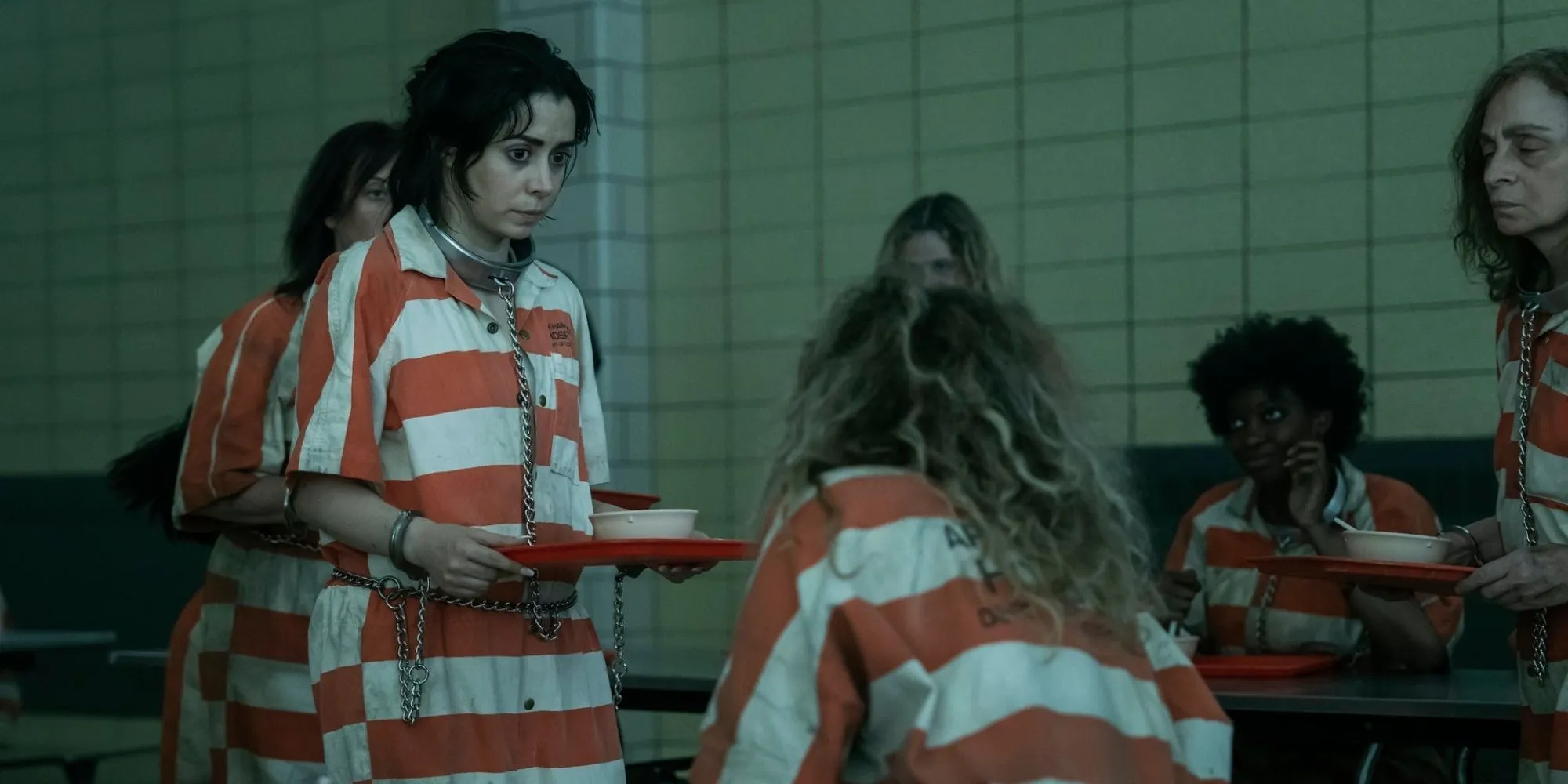
|
Cast |
Colin Farrell, Cristin Milioti, Rhenzy Feliz, Clancy Brown, Theo Rossi, Mark Strong |
|
Showrunner |
Lauren LeFranc |
|
Number of Episodes |
8 |
|
Available on |
Max |
Named “Cent’anni,”Episode 4 signifies the midpoint in this miniseries, with four more episodes set to air before the season concludes in November. While prior episodes mainly centered on Oswald, this installment shifts the narrative to Sofia Falcone, a character recently released from a ten-year sentence in Arkham Asylum, known for the murders of several women.
This episode provides crucial insights into Sofia’s character, revealing that she is innocent of the crimes attributed to her, having been framed by her father, Carmine Falcone (Mark Strong), after voicing her suspicions about his role in her mother’s death. Her quest for truth led to her unjustly spending a decade in Arkham, ultimately twisting her into the very murderer she was accused of being. The narrative then transitions to the present, where Sofia seeks to exact revenge on her family for perpetuating her father’s lies, employing toxic gas to poison them as they sleep.
Oswald Cobblepot has a brief appearance in this episode, where we learn about his previous connection to Sofia. During their past, he served as Sofia’s driver and played a role in her conviction by informing her father about her discussions with a journalist regarding her mother’s demise, which enabled Carmine to frame her. This betrayal lingers into the present timeline as Sofia’s trust in Oz deteriorates, especially after discovering his involvement in her brother’s murder.
Episode Four Emerges as a Series Highlight

Episode 4 has proven to be a standout installment within the series. Viewer ratings and IMDb scores indicate it surpasses prior episodes in popularity. Fans and critics alike have lauded this episode, hailing it as one of the best yet. Notably, despite Oswald’s presence, the narrative pivots from his character, reinforcing the idea that supporting roles can have captivating stories equal to, or even surpassing, that of the lead.
Supporting Characters Take Center Stage
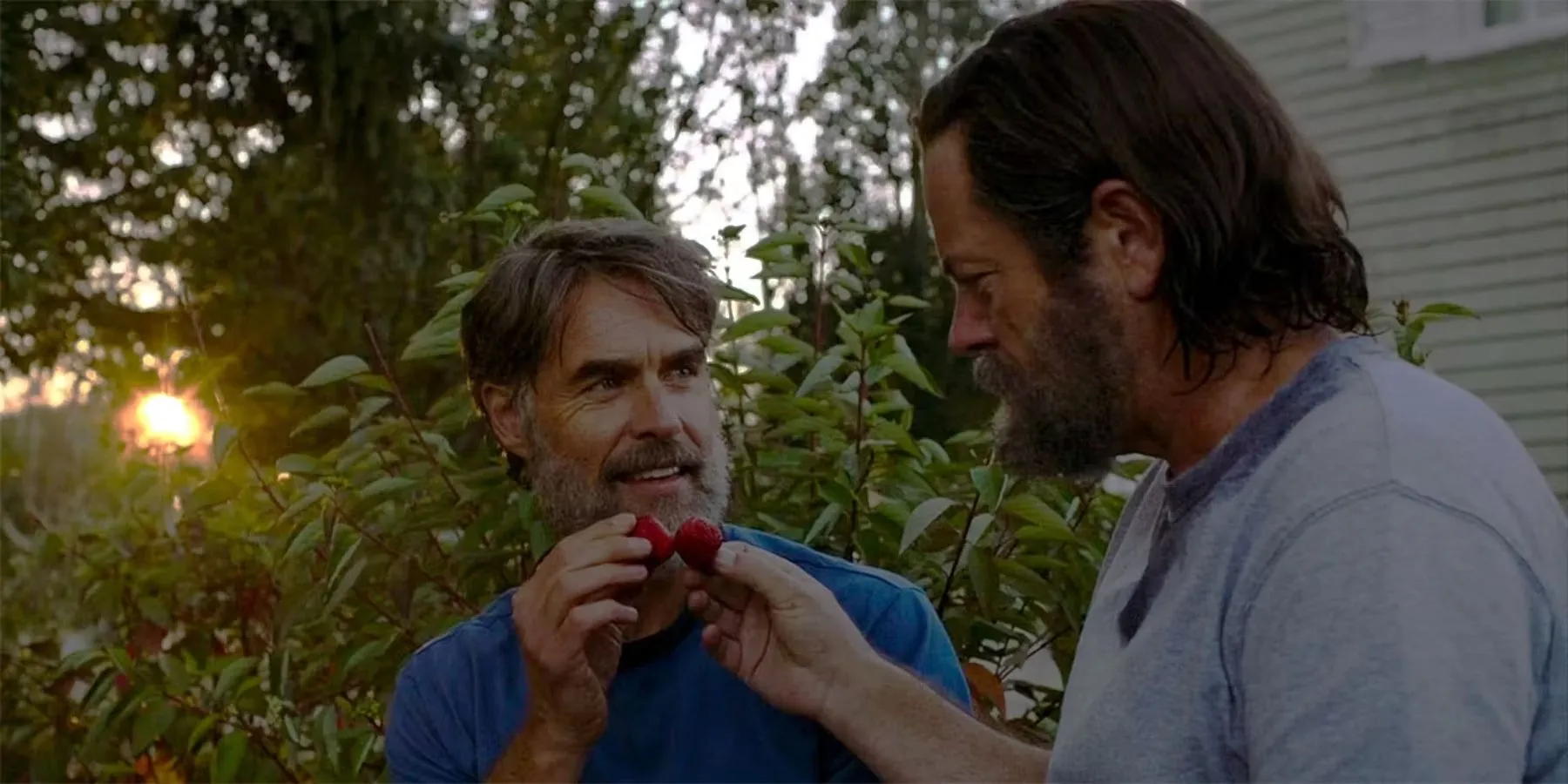
The focus on Sofia Falcone in Episode 4 aligns with a broader trend among television shows that feature episodes dedicated to supporting characters. For instance, The Last of Us presented a critical moment in Episode 3, “Long, Long Time,”which shifted from Joel and Ellie to explore the tender relationship between Bill and Frank. Similarly, an episode of The Bear titled “Forks”concentrated on Richie’s experiences during an internship at an upscale restaurant. Such episodes often result in Emmy-winning performances for the featured actors, highlighting the effectiveness of allowing secondary characters to shine.
Ted Lasso also undertook this approach in its second season, specifically in the ninth episode, “Beard After Hours,”which exclusively follows Ted’s assistant coach, Beard (Brendan Hunt), on a surreal night out. This diversion from the main storyline offered a unique perspective on Beard, allowing deeper insight into his character.
While these character-centric episodes are generally well-received by audiences and critics, they can sometimes face criticism for disrupting the show’s pacing or diverging too greatly from its established genre. However, these divergences can introduce fresh creativity into a series, allowing exploration of narratives that might otherwise remain untold. In the case of The Penguin and similar examples, it is evident that some of the most captivating episodes transcend the focus on the main character, enhancing the storytelling experience.
The Penguin Episodes 1-4 can be streamed on Max, with new episodes released weekly on Sundays at 9 PM.




Leave a Reply